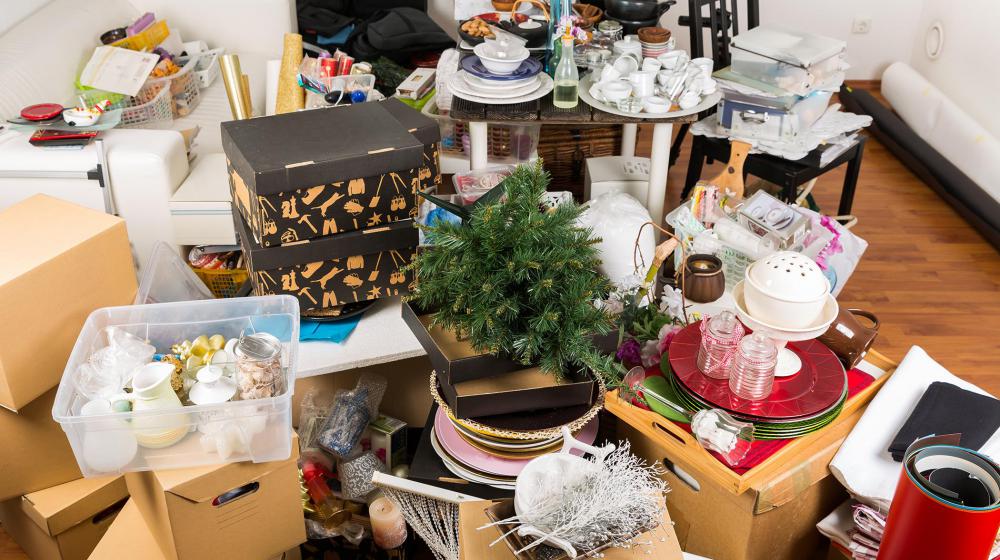How to Unload Sentimental Clutter

Parting with sentimental clutter can be difficult, but a new program available through the Mississippi State University Extension Service can help people identify, sort and part with sentimental clutter. (Photo by Brebca/stock.adobe.com)
Almost everyone has a little bit of clutter somewhere in their homes at times. However, letting small amounts turn into large amounts can not only interfere with the lifestyle you want, but it can also be a health hazard.
Excessive amounts of clutter can make it hard to keep a home clean and tidy, which can trigger allergies and asthma, increase the risk of injury due to tripping and falling over items, lead to pest infestation, and cause mental health complications.
If you find that you can’t use your rooms the way you’d like, then it’s time to start getting rid of some clutter. But what if some of these items are sentimental? Parting with these items can be challenging.
First, make sure you are ready to begin the process of letting go of some of these items. Jasmine Harris-Speight, an educator with the Mississippi State University Extension Service recommends using the following steps when sorting sentimental clutter:
- Determine the space you want to allocate for these items.
- Create that space in your home.
- Select representatives. A simple method is to choose key items from collections and retain one or two favorites instead of the entire set.
- Execute your plan.
Step three is crucial for reclaiming space. Mary Dozier, a clinical psychologist in the MSU Department of Psychology, recommends you decide how many items total you want to keep. This helps when you begin to sort items. Instead of thinking how much you like each item, you are focused on whether you like a particular item more than another item you want to keep.
What do you do with the things you don’t want to keep?
- Give them to other family members.
- Donate them.
- Sell them.
This process can be stressful. Don’t be afraid to ask for help from family members, friends, or professional organizers. For conditions associated with hoarding, it is best to consult with a mental health clinician. To find a therapists, visit the International OCD Foundation website.
Harris-Speight and Dozier worked with colleagues at the University of Georgia to develop the multi-state program “Right-Sizing: Dealing with Sentimental Clutter.” The program helps clients identify sentimental clutter and develop an action plan to sort and part with it. You can request the program through your local Extension office.
Read more about reducing sentimental clutter with the “Right-Sizing: Dealing with Sentimental Clutter” program in our news article.
For more information about MSU Extension’s Healthy Homes Initiative, aimed at teaching Mississippians how to keep their indoor environments safe and healthy, visit the Extension website.
Subscribe to Extension for Real Life
Fill in the information below to receive a weekly update of our blog posts.









